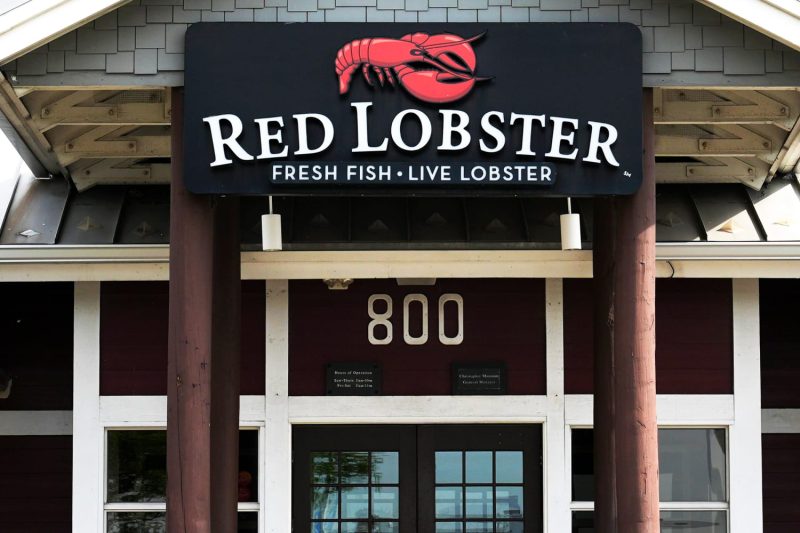Red Lobster: A Victim of Private Equity Pinching
The recent decline of Red Lobster, once a celebrated seafood chain, has left many pondering on the role of private equity in its downfall. Contrary to popular belief that it was the endless shrimp promotion that led to dwindling profits, a deeper examination reveals that private equity maneuverings played a significant role in the chain’s difficulties.
Private equity firms, often characterized by their aggressive approach to profit maximization, acquired Red Lobster with high hopes of boosting its performance and capitalizing on the brand’s reputation. However, their strategies, rather than revitalizing the chain, led to a series of missteps that contributed to its struggles.
One of the key ways in which private equity firms meddled with Red Lobster’s operations was through financial engineering. By loading the chain with substantial debt to finance the acquisition, the liquidity of Red Lobster was constrained, limiting its ability to invest in crucial areas such as menu innovation and restaurant upgrades. Instead of nurturing long-term growth, the focus shifted towards short-term gains to service the mounting debt.
Furthermore, the pressure to meet financial targets set by the private equity owners resulted in cost-cutting measures that impacted the quality of Red Lobster’s offerings. Critics argue that the deterioration in food quality and dining experience alienated loyal customers, causing a decline in foot traffic and overall revenue. The relentless pursuit of profitability overshadowed the essence of providing a memorable dining experience, ultimately eroding Red Lobster’s competitive edge.
Another detrimental aspect of private equity involvement was the lack of industry expertise brought to the table. The decision-making processes at Red Lobster became centralized, with a disconnect emerging between corporate decisions and on-the-ground realities in the restaurants. This disconnect hindered the chain’s ability to adapt to changing consumer preferences and market trends, further exacerbating its decline.
Moreover, the emphasis on short-term gains led to a neglect of long-term sustainability and brand loyalty. Rather than fostering a strong connection with customers and building a solid foundation for future growth, the myopic focus on immediate profits compromised the integrity of the brand and its long-term viability.
In conclusion, while the endless shrimp promotion may have attracted attention, it was the intricate web of private equity influence that ultimately led to the downfall of Red Lobster. By prioritizing financial engineering over operational excellence, sacrificing food quality for cost-cutting measures, and neglecting the importance of industry expertise and long-term sustainability, private equity firms inadvertently squeezed the life out of this once-vibrant seafood chain. As the industry reflects on the lessons learned from Red Lobster’s decline, it becomes imperative to reassess the role of private equity in shaping the fate of beloved brands and businesses.
